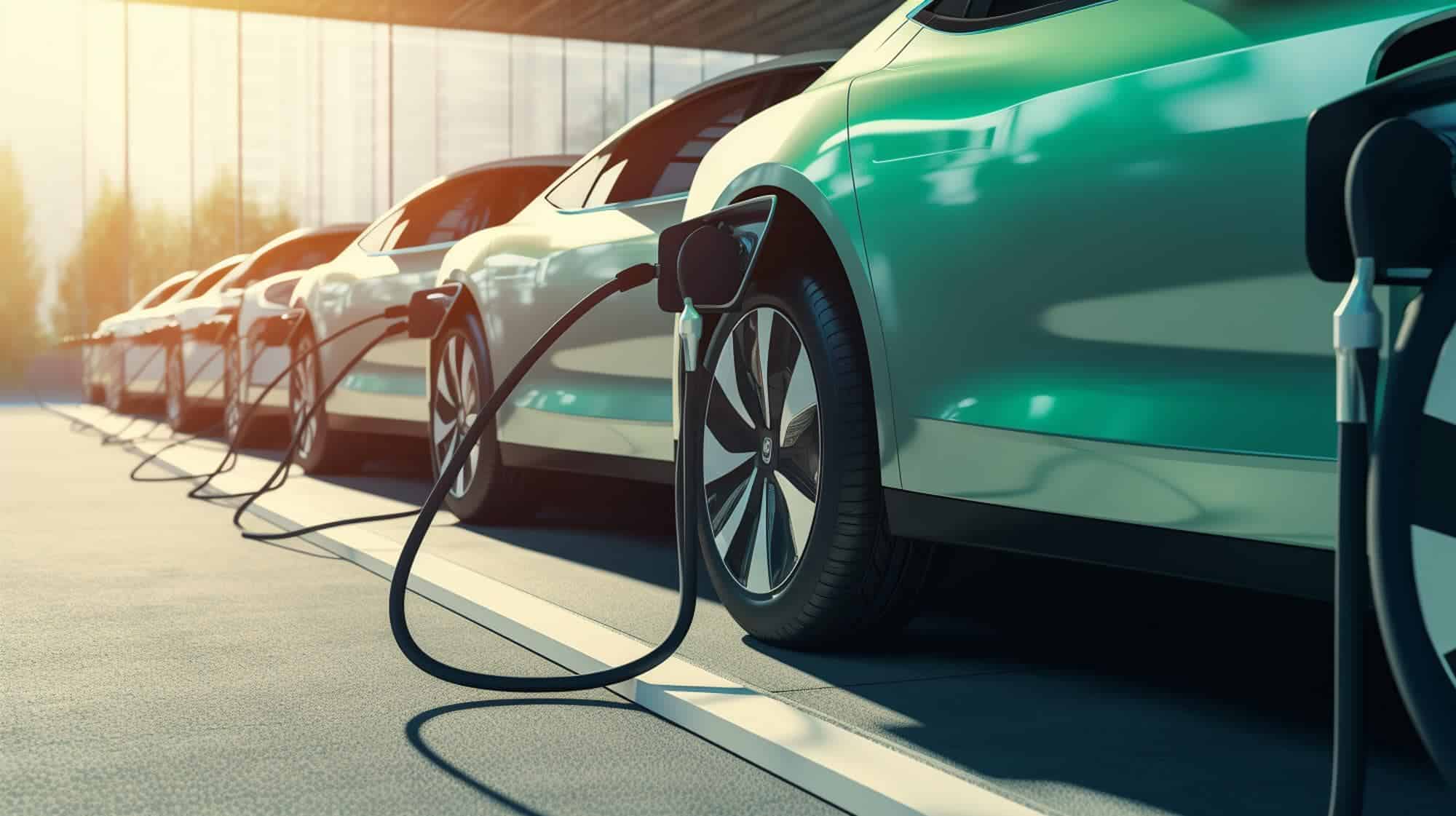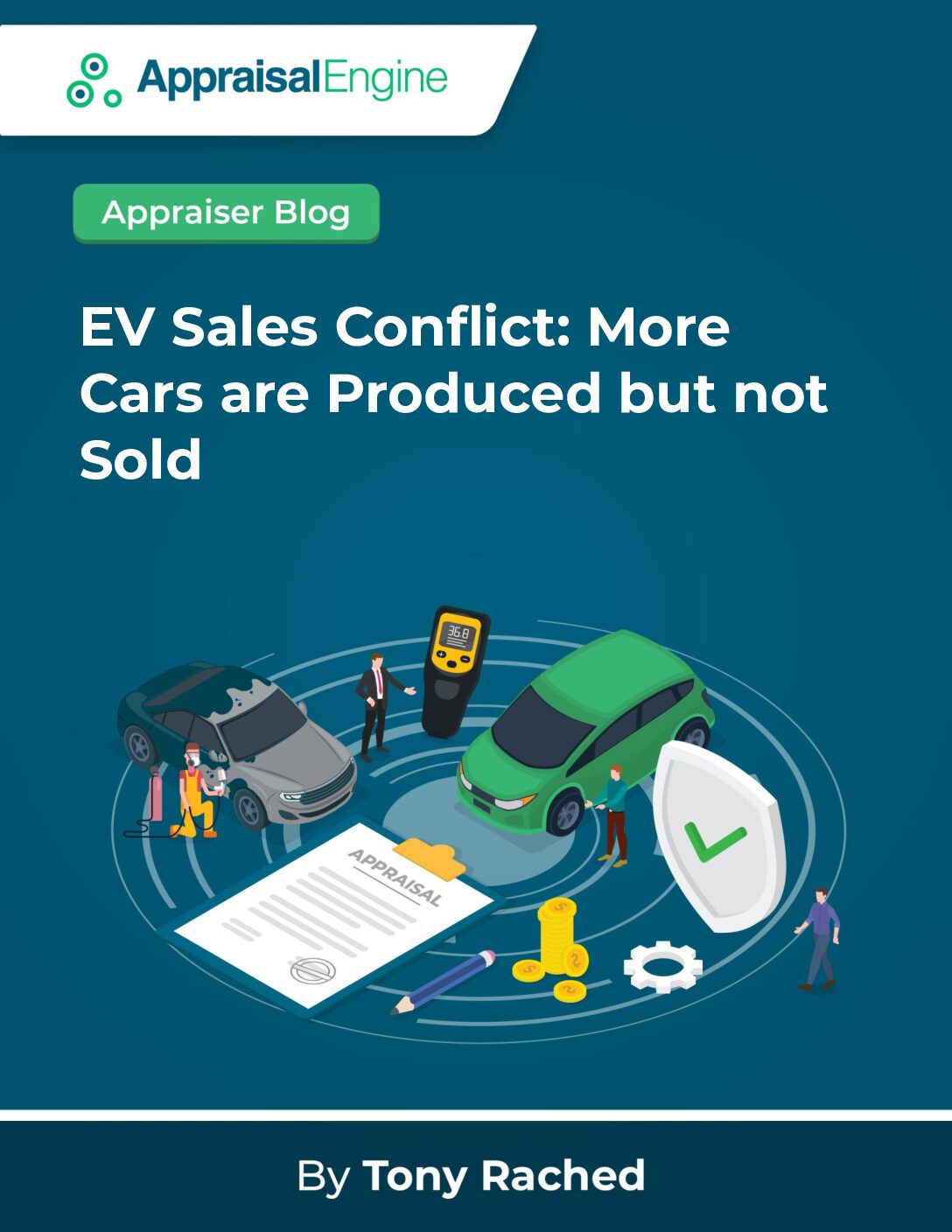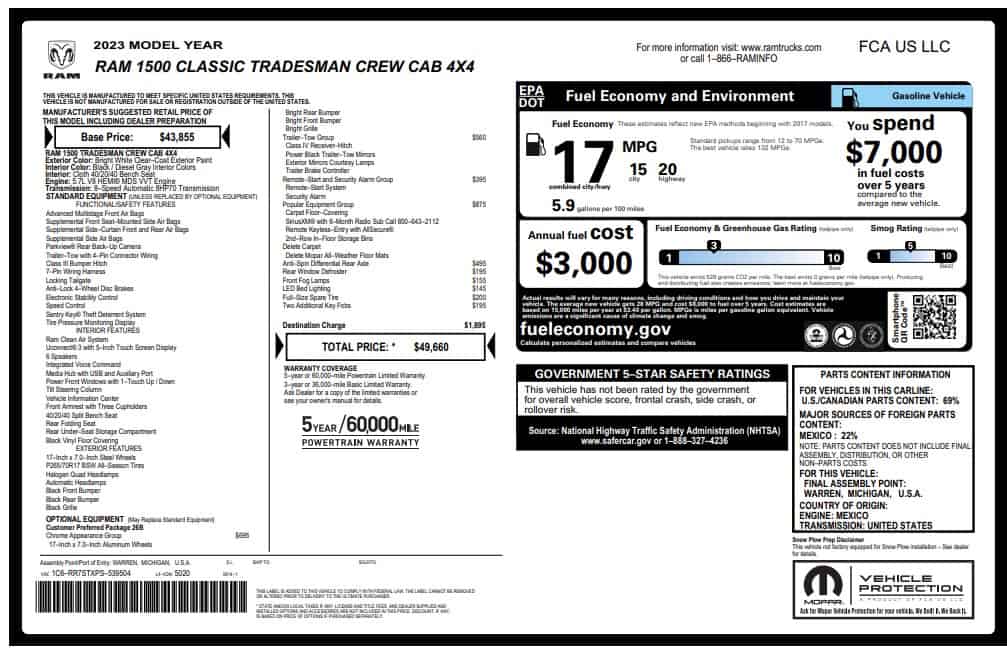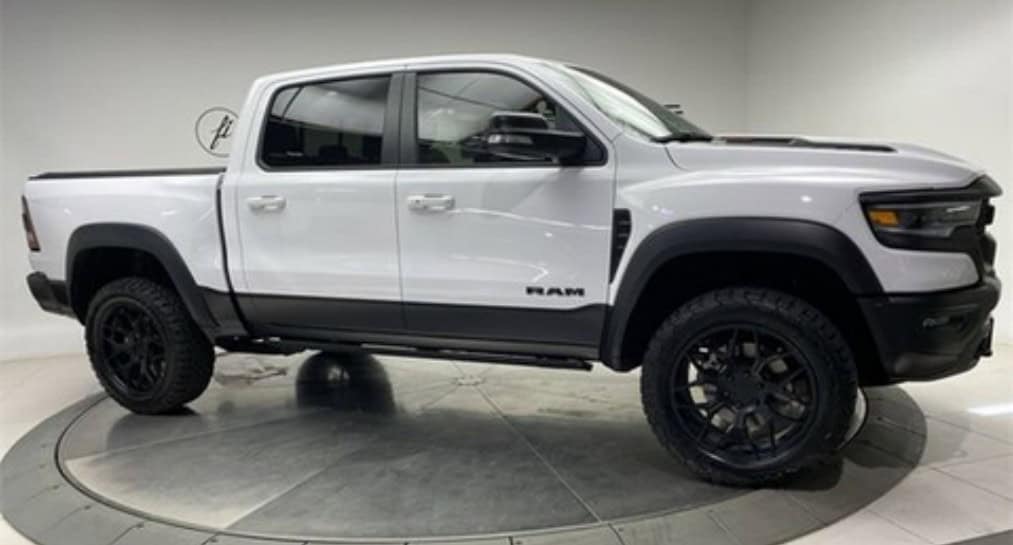EV Sales Conflict: More Cars are Produced but not Sold (PDF)

The surge in electric vehicle (EV) production has created an unexpected dilemma for some car dealerships. Despite the increasing number of electric cars rolling off the assembly lines, a growing inventory of these vehicles is accumulating on dealership lots, prompting some dealers to push back. They’re sending a clear message to automakers: “No more until we move what’s already here,” according to several dealers who spoke with Insider.
Scott Kunes, the Chief Operating Officer of Kunes Auto and RV Group, which deals in Detroit brands as well as Nissan and Mitsubishi in the Midwest, emphasized their stance, saying, “We have turned away EV inventory.” He stressed the need to ensure a swift turnover to justify the significant investments required.
From a Great Start to a Hard Setback
The notable expansion of plug-in vehicle availability suggests that the rapid growth of EV adoption may be hitting a roadblock. The shift from enthusiastic, financially secure early adopters to more cautious, budget-conscious car buyers is disrupting the electric car transition. This transformation is forcing automakers to recalibrate their expectations and scale back their ambitious EV production targets.
Sam Fiorani, Vice President of Global Vehicle Forecasting at AutoForecast Solutions, pointed out that it’s not solely the cost that deters potential buyers but also the intricate lifestyle changes associated with EV ownership, including concerns about charging infrastructure and range anxiety. “With an extra $10,000, it’s hard for the average customer to make that leap,” Fiorani said.
This situation marks a significant reversal from the past few years when finding an EV to test-drive, let alone purchase, was a challenging endeavor due to limited supply. Back then, automakers had not yet scaled up their EV production, leading to long waiting lists for prospective buyers. This scarcity drove up demand and created a perceived supply-and-demand imbalance. While EVs still represent a relatively small portion of the US auto market at around 6%, their growth was rapid as they gained popularity and became a symbol of status, largely thanks to brands like Tesla.
What Seems to Be the Problem

Today, the issue is not the shortage of EVs but rather the slow growth in demand. Despite recording month-after-month record sales of EVs, the market is showing signs of plateauing as automakers strive to attract buyers beyond the early adopter crowd.
As a result, some dealers are now declining allocations of electric cars from manufacturers. One East Coast Ford dealer noted that they were only refusing electric car allocations and another Midwest dealer mentioned that orders for Ford’s electric Lightning truck were accumulating, giving customers extra time to consider alternative EV options. A Hyundai dealer on the West Coast also revealed their reluctance to accept EV-specific allocations, while another Hyundai dealer anticipated having to turn away EVs soon.
Adam Lee, Chairman of the Board at Lee Auto Malls in Maine, noted that while he was still accepting all the EVs he could get, electric Toyotas were the slowest to sell. “The only Toyotas I have that aren’t presold are the electric ones, the bZ4X, and that’s a little bit of a challenge,” Lee remarked.
In this evolving landscape of the electric car market, dealers face significant challenges. Automakers are likely to continue producing the EVs they promised to investors, leaving dealers to figure out how to sell them to a new demographic of customers. Karl Brauer, an automotive analyst for iSeeCars, emphasized the importance of heeding dealers’ warnings about shifting demand trends. Dealers often serve as early indicators of market shifts, as they know what the market does in real time with instant feedback.
EV Sales Challenges
In a related study, the Sierra Club reported that a significant number of US car dealerships face challenges in offering EVs. While 66% of dealerships have no EVs to sell, 45% have expressed an unwillingness to sell them under any circumstances. However, among the dealerships without EVs, 44% expressed interest in selling them once they become available. The report cites supply chain issues, inventory challenges, and automaker allocations as causes of stock shortages.
The Sierra Club’s study, titled “Rev Up Electric Vehicles: A Nationwide Study of the Electric Vehicle Shopping Experience,” surveyed over 800 auto dealerships across all 50 states. Dealers’ attitudes and willingness to sell EVs varied widely based on factors like car availability, knowledge, and geographical location.
Geographically, the availability of EVs at dealerships differed significantly. The Western region had the lowest availability, with only 27% of dealerships having an EV for sale. However, this region accounted for 45% of all US EV sales in 2022, suggesting that low availability was due to high consumer demand and rapid turnover.
In contrast, the Southeast had the highest percentage of EVs available for sale at 41% and accounted for 17% of EV sales nationwide.
Further Details
The study also highlighted the impact of state regulations on EV sales. In states that allow direct sales from automakers like Tesla and Rivian, 65% of US EVs were sold. Additionally, states with zero-emission vehicle (ZEV) programs were more likely to have dealers interested in selling EVs, with ZEV states accounting for 61% of total US EV sales.
Regarding specific car brands, Mercedes-Benz led in terms of EV availability, with 90% of dealerships surveyed having an EV for sale. Toyota had the lowest availability, with only 15% of its dealers offering EVs, and Honda ranked last, with only 11% of dealerships selling EVs.
The Sierra Club recommended that car dealers collaborate with utilities to install on-site EV chargers, regularly train sales staff on EV charging, incentives, and effective sales strategies, and prominently display EVs. Additionally, automakers were encouraged to produce more EVs and incentivize dealers to sell them.
For more news and articles about EVs, stay tuned to our blog





